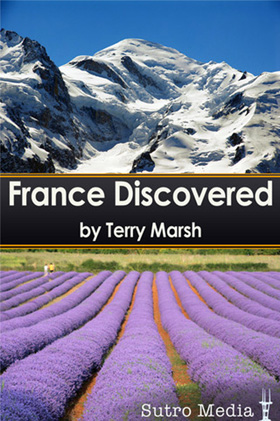champagne
For the anointment of kings
Champagne is a sparkling wine produced from grapes grown in the Champagne region of France, by inducing in-bottle secondary fermentation of the wine to effect carbonation. It is produced exclusively within the Champagne region of France, from which it takes its name. In the European Union, the name Champagne is legally protected by the Treaty of Madrid (1891), which reserved it for the sparkling wine produced in the Champagne region of France and adhering to the standards defined for it as an Appellation d'origine contrôlée; the protection was reaffirmed in the Treaty of Versailles after World War I.
The Champagne winemaking community, under the auspices of the Comité Interprofessionnel du Vin de Champagne, has developed a comprehensive set of rules and regulations for all wine produced in the region to protect its economic interests. There are more than one hundred Champagne houses and 19,000 smaller vignerons (vine-growing producers) in Champagne.
Champagne first gained world renown through its links with French kings. Royalty from throughout Europe spread the message of the unique sparkling wine from Champagne and its association with luxury and power in the 17th-19th centuries.
The leading manufacturers put huge amounts of energy and resources into creating an identity for their wine. Through advertising and packaging they sought to make Champagne synonymous with luxury, festivities, and even rites of passage. Their efforts proved coincidental with the rise of the nouveaux riches looking for ways to spend money as evidence of upward mobility.
More than 15,000 families cultivate 90% of the AOC Champagne land. Some of them make (either themselves or in co-operative groups) the Champagne from their vines with over 6,000 full-time employees and extra help from seasonal workers (over 50,000 for the grape harvest for example).
The most renowned vineyards are on the Montagne de Reims, along the valley of the Marne, the Côte des Blancs and the less well-known but no less delightful Côte des Bars in Aube-en-Champagne.
Many of the most renowned producers have cellars in Reims, and offer guided tours and dégustations, notably:
Mumm 34 r. du Champ-de-Mars.
www.mumm.com
Piper-Heidsieck 51 bd
Henry-Vasnier.
www.piper-heidsieck.com
Pommery 5 pl. du Gén.-Gouraud.
www.pommery.com
Ruinart 4 r. des Crayères.
www.ruinart.com
Taittinger 9 pl. St-Nicaise.
www.taittinger.fr
Veuve
Clicquot-Ponsardin
1 pl. des Droits-de-l’Homme.
www.veuve-clicquot.fr
This website was built using Site Build It!
SEARCH THIS WEBSITE








